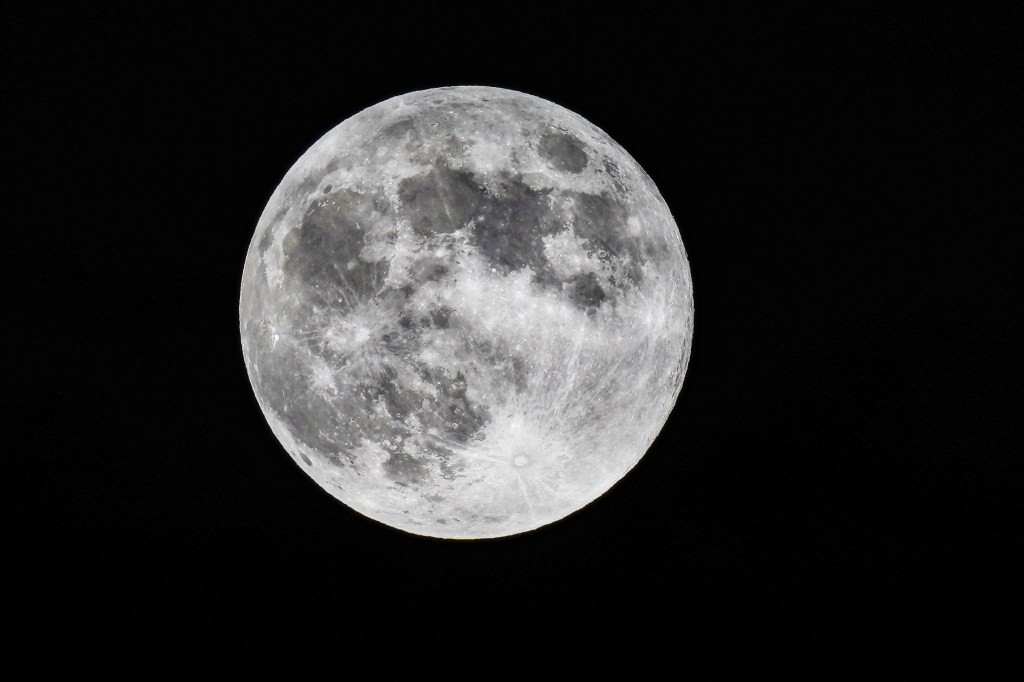Moonlight and Medicine: A mother's leap of faith after prolactinoma silences her cycle
Gabi Metz stopped taking birth control and waited for her period to return. It didn’t. She turned to the moon, asking, “If the moon can control oceans, why can’t it affect my body?” Her question would lead to a medical diagnosis that shook her to the core: a prolactinoma, a benign tumor on the pituitary gland that drives up prolactin and silences a woman’s cycle. Doctors told her that the only path to pregnancy and a reset of her cycle was medication. “Look, the only way that you’re going to fall pregnant and get your period back is if you take this medication,” her clinician said. For her first pregnancy, she followed that advice, but the treatment left her feeling horrible and drowsy. When planning a second child, she refused medical control and declared, “Watch me. Just watch me, girl. I’m going to do this my way.”

The Lunaception Plan: A blog post that changed everything
Her new search for answers led to a blog post promising to regulate the cycle by syncing with the moon. “This blog article basically said this: if you want to regulate your period, if you want to get your period, you need to do something called lunception,” she explained. “It sounded crazy, but I thought I’d try anything!” The routine was simple but strict: sleep in absolute darkness for most nights, and for two nights a month, keep the curtains open to let in the moonlight. The idea was that the body could be nudged into rhythm with the lunar cycle. Gabi removed artificial light and began supplements to address the hormonal imbalance caused by the tumor. “I did this like religiously. Slept in pitch black darkness,” she said. After four months, a breakthrough arrived. “Wow! It feels like I’ve got period pain,” she recalled. “That day I got my period.” Months later, she would see two lines on a pregnancy test—her second pregnancy, conceived naturally.

A second baby, a tumor still nearby, and a woman who trusts her body
Seven years after giving birth to her second son, Gabi continues to manage the prolactinoma with supplements and a fierce belief in her body. The tumor remains, and surgery to remove it would require passing through her nose and could damage speech, so she has chosen to manage it naturally for now. The endocrinologist warned that even a small miss could affect her ability to speak, but she prefers a natural path. “I just trusted my body so much and all the things that came with it,” she said. Skeptics may doubt lunaception, but she asks, “What’s the harm in trying? The only other outcome is it wouldn’t work, but it could work.” She hopes others may feel empowered to listen to their intuition and explore unconventional paths—if only to reclaim agency over their own bodies.


